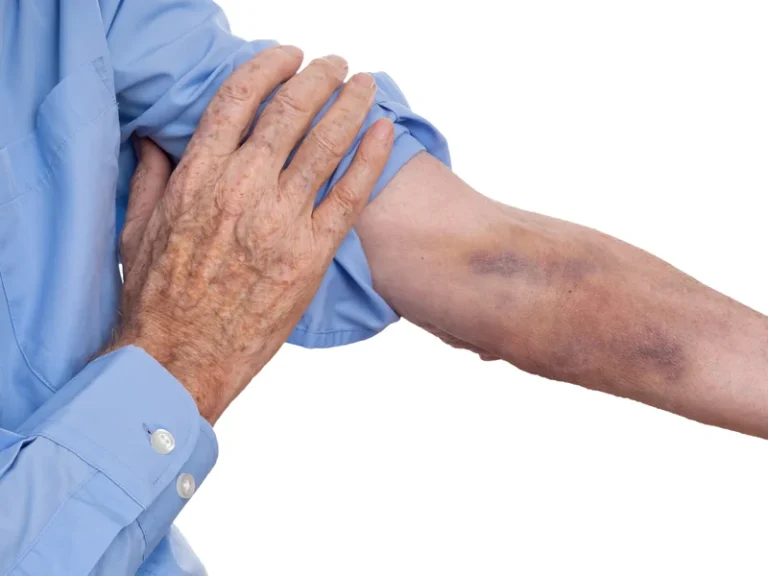
Plus, we’re always introducing new features to optimize your in-app experience. We recently marijuana addiction launched our in-app chatbot, Melody, powered by the world’s most powerful AI technology. Melody is here to help as you adjust to a life with less (or no) alcohol. You’ll meet millions of fellow Reframers in our 24/7 Forum chat and daily Zoom check-in meetings. Receive encouragement from people worldwide who know exactly what you’re going through!
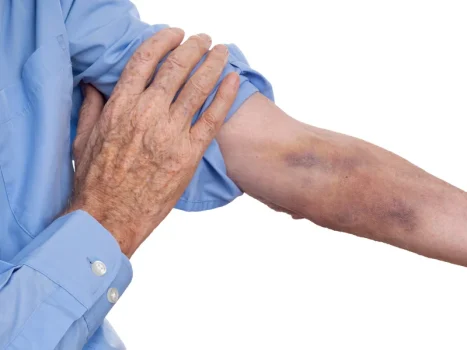
Eat Plenty of Food Before Drinking
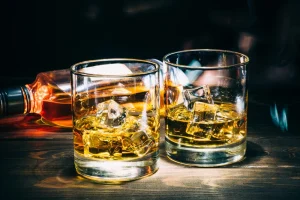
Excessive urination from drinking alcohol causes your body to lose electrolytes, which are important minerals involved in many bodily functions, including nervous system function (4). When you lose too much water without properly replacing it, you become dehydrated. Dehydration can cause mild symptoms like headache, dry mouth, dizziness, and fatigue, or severe issues like damage to the brain, heart, kidneys, and even death (1). When drinking alcohol, especially in hot weather, avoiding dehydration is very important. That margarita may seem refreshing but the added sugar creates an acidic environment in your body. While any kind of alcoholic drink will dehydrate you to at least some extent, those with higher alcohol content will cause more dehydration.
Plain water
Have you ever wondered why a night of drinking often leaves you parched and reaching for water the next morning? This occurs because alcohol is a diuretic, meaning it increases urine production and leads to a significant loss of fluids from the body. When you consume alcohol, it suppresses the release of vasopressin, an antidiuretic hormone. This suppression results in the kidneys excreting more water than usual, causing dehydration. The more you drink, the more pronounced this effect becomes, which can explain why you might wake up with a dry mouth and a headache after a night of heavy drinking.
Drink an electrolyte solution or sports drink
In particular, it’s best to enjoy caffeinated energy drinks and alcohol in moderation and consume them alongside water to stay properly hydrated. Besides dehydration, alcohol can have other negative effects on the body. For this reason, a person should drink alcohol in moderation and avoid binge-drinking or chronic heavy drinking. How long it takes to rehydrate after drinking depends on how https://ecosoberhouse.com/ much alcohol you have consumed and how much fluid volume and electrolytes your body lost.
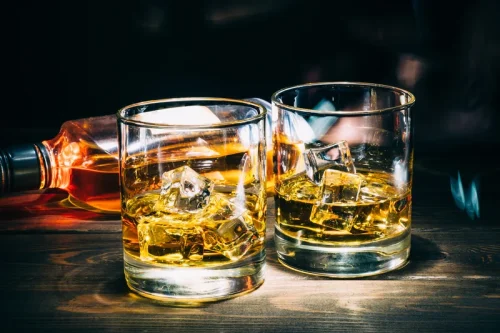
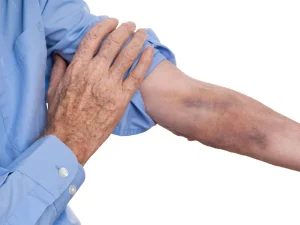
Severe dehydration can cause feelings of dizziness, the appearance of sunken eyes, fainting spells, increased heart rate, and even loss of consciousness. Thirst, lightheadedness, and dark urine are three signs of dehydration, but there are many others to watch out for. Drink plenty of plain water, an electrolyte drink or sports drink, and eat water-rich, easily digestible foods. One glass of liquor drunk slowly over the course of an evening will be less dehydrating than having several beers or glasses of wine during the same time frame. A diuretic is a substance that causes the body to produce more urine. You’ve no doubt noticed that when you drink, you have to pee more.
What causes dehydration?
- The liver processes 3/4th of an ounce of alcohol per hour, and drinking water will not make it happen faster.
- Drinks with higher alcohol content, including vodka, whiskey, and rum, can have a stronger dehydrating effect than beverages with lower alcohol content, such as beer or wine.
- If you don’t want to deal with dehydration from alcohol, the best (and most obvious) preventative measure is not to drink alcohol.
- While all liquids can help maintain hydration status, some may be more beneficial than others.
- One of the hormones made by the posterior pituitary gland is called vasopressin, or anti-diuretic hormone (ADH).
However, water might build up in other areas as our body tries to hold onto the fluids it has. It’s important to rehydrate properly after drinking alcohol. We’ve had a night out, and the next morning we wake up and aren’t feeling well. That said, the higher a drink’s alcohol content, the more of a diuretic it’s believed to be. Alcohol works as a diuretic largely because it does vodka dehydrate you suppresses the release of a hormone called vasopressin, which is also known as antidiuretic hormone.
- Moderating your intake of the beverages listed above and drinking plenty of water can help prevent dehydration.
- Consuming one beer leads to a 62% increase in urine produced compared to having a glass of water.
- Not all fluids are hydrating, and drinking sugary drinks, sodas, fruit juices, sports drinks, alcohol, or caffeinated beverages can trigger water loss and cause dehydration.
You may experience increased urination, sweating, and other means of bodily waste disposal when you drink alcohol. However, when your body works to eliminate alcohol from your system through these processes, other crucial substances, like water and essential nutrients, are removed, too. You can experience water and nutrient depletion, leading to unwanted symptoms such as dehydration. Any foods or fluids you consume before drinking alcohol help to dilute it, so when you drink alcohol on an empty stomach, alcohol’s effects are more potent. You may feel the effects of the alcohol sooner, but it can also amplify other effects, including dehydration.
How to Prevent Dehydration from Alcohol
- That splitting headache you wake up with after a fun night of drinking might not be entirely due to dehydration.
- However, it’s best to avoid pre-mixed electrolyte sports drinks with added sugar and instead use a sugar-free electrolyte powder to replenish electrolytes and avoid dehydration.
- Your organs have to work extra hard in an environment with less air, and your respiratory system uses more water.
- Any foods or fluids you consume before drinking alcohol help to dilute it, so when you drink alcohol on an empty stomach, alcohol’s effects are more potent.
- Dehydration, toxic chemicals, fluid and electrolyte imbalances, and more can all contribute to the development of a hangover.
Not only is staying well-hydrated key to your long-term health, but it can also help you avoid uncomfortable hangover symptoms. Many non-alcoholic beverages, such as water, herbal teas, and electrolyte-rich drinks, are excellent choices to stay hydrated without the dehydrating effects of alcohol. Keeping track of alcohol intake and avoiding excessive drinking can help prevent dehydration and reduce the negative health effects of alcohol consumption.This is an important long-term strategy. Alcohol can increase urine production, which can lead to dehydration. When the body is dehydrated, it tries to conserve water by producing less urine. However, alcohol can interfere with this process and cause the body to produce more urine than it needs to (breaking the seal).
The best way to quickly rehydrate is to regain the minerals flushed out due to excessive urination. Added sugar creates extra acid, which makes it harder for your body to store water. Salty foods, like chips and other snacks, are also risky when it comes to staying hydrated. Although it’s unknown whether alcohol dehydrates muscle, it still has an effect.
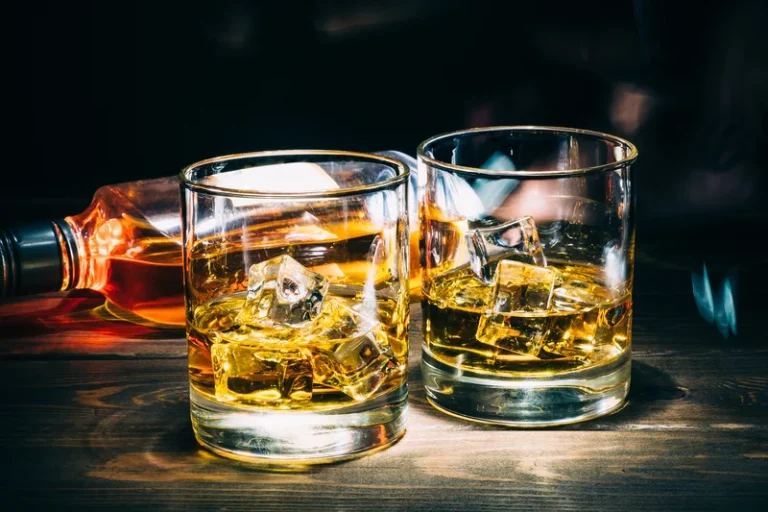
- When its processed by enzymes in the liver, alcohol is converted into a large amount of acetaldehyde.
- A small amount of beer will not lead to severe dehydration, but we should not drink beer to rehydrate.
As the liver breaks down the alcohol, it is converted into a substance called acetaldehyde, which can be toxic in high doses. Our liver quickly works to break down acetaldehyde into acetate. According to science, about 90% of alcohol is eliminated by our liver, but 2-5% of alcohol leaves our body through urine, sweat, or breath. And since alcohol increases our heart rate, it makes us sweat more, which accelerates how fast we become dehydrated. If you have mild dehydration symptoms (e.g., thirst, dry mouth, dark yellow urine, headache), simply drinking an ample amount of plain water will likely sufficiently restore your fluid balance. Is there anything you can do to offset or prevent problems caused by dehydration from drinking alcohol?
